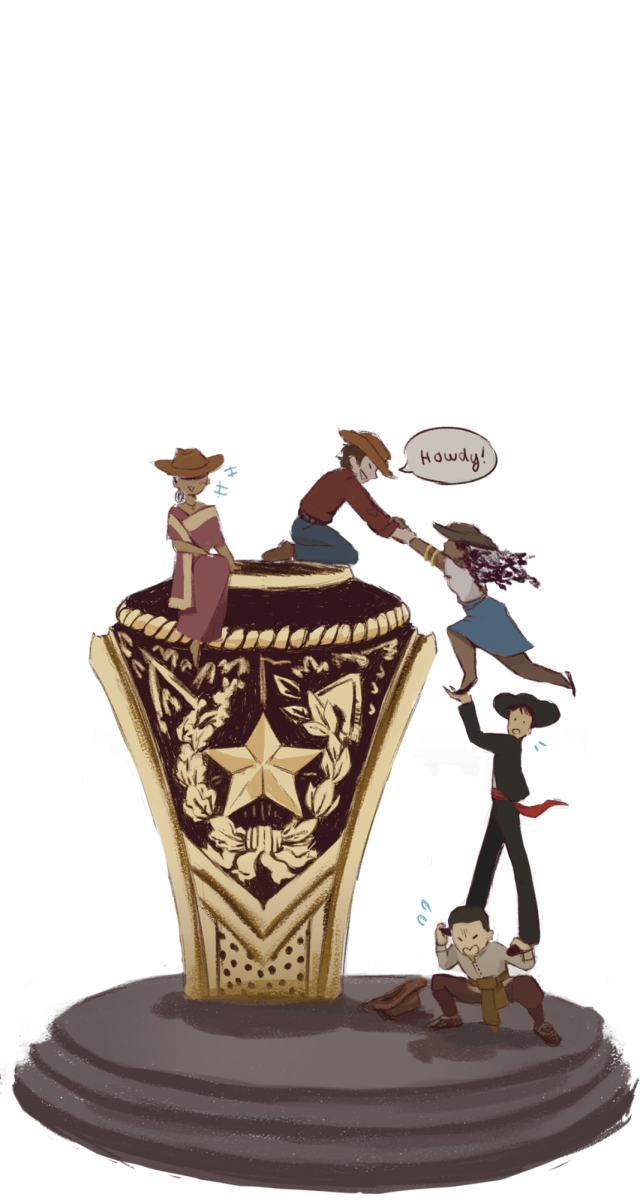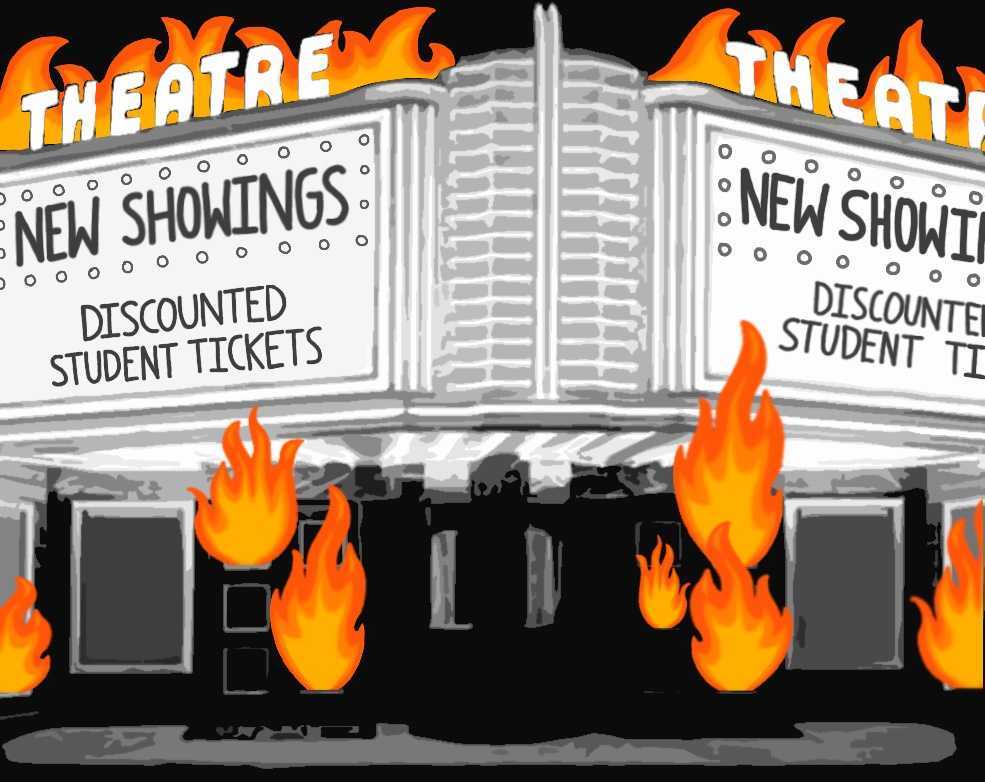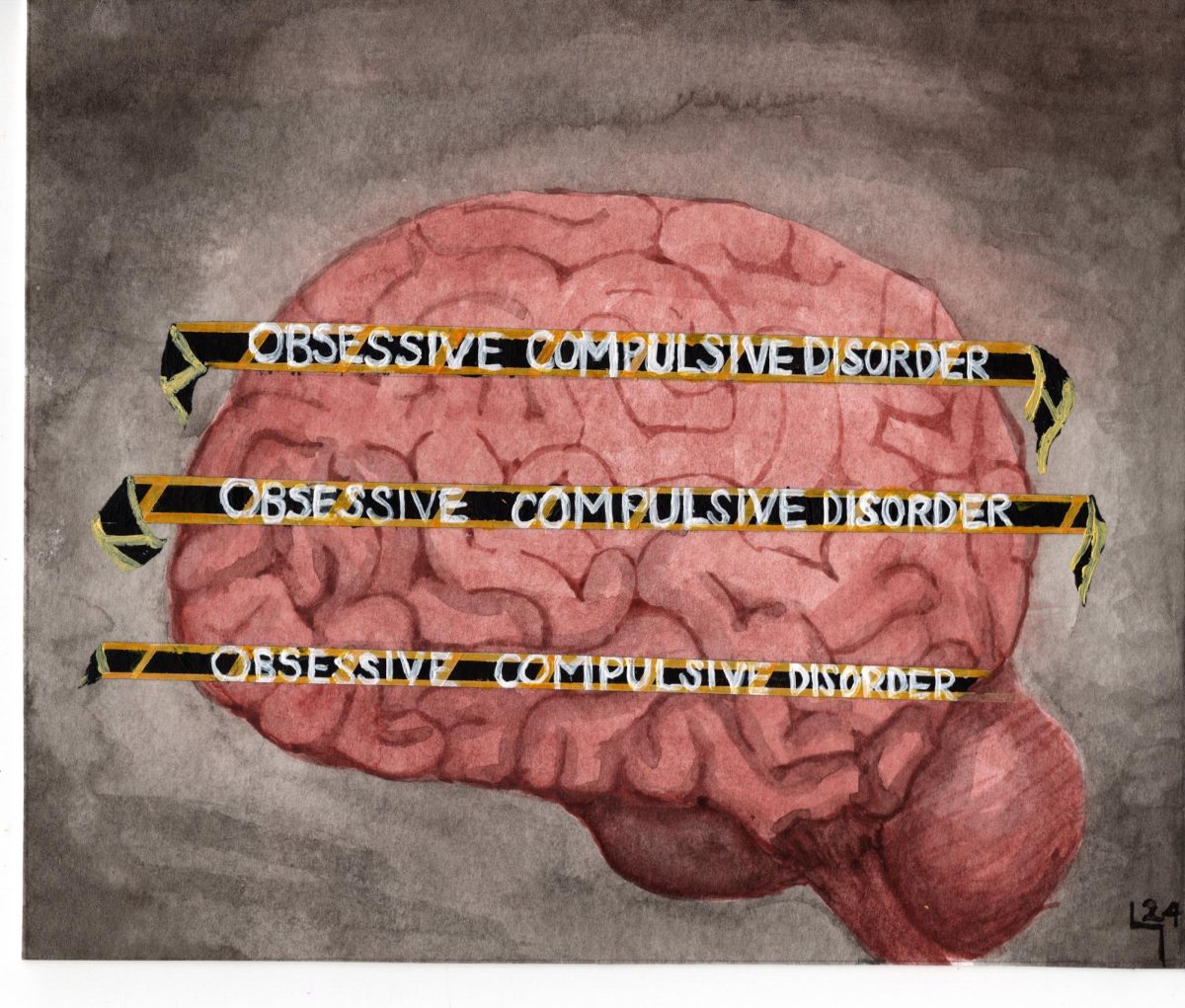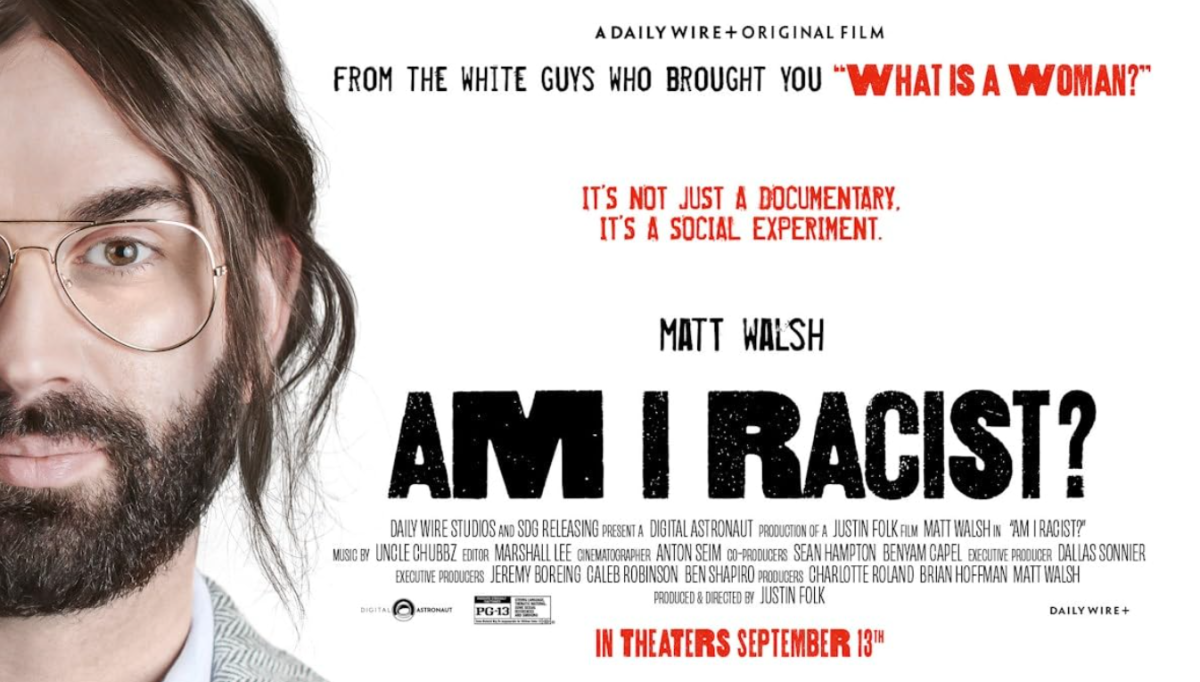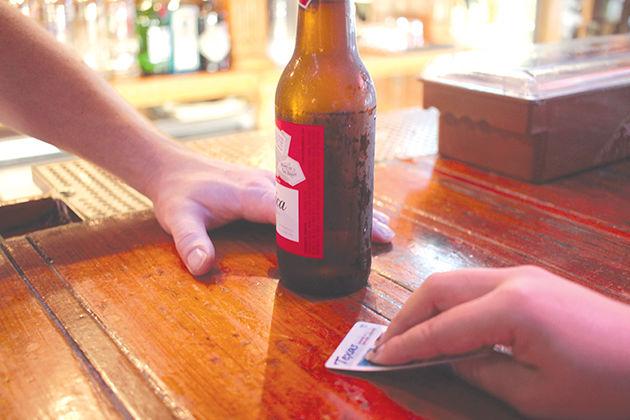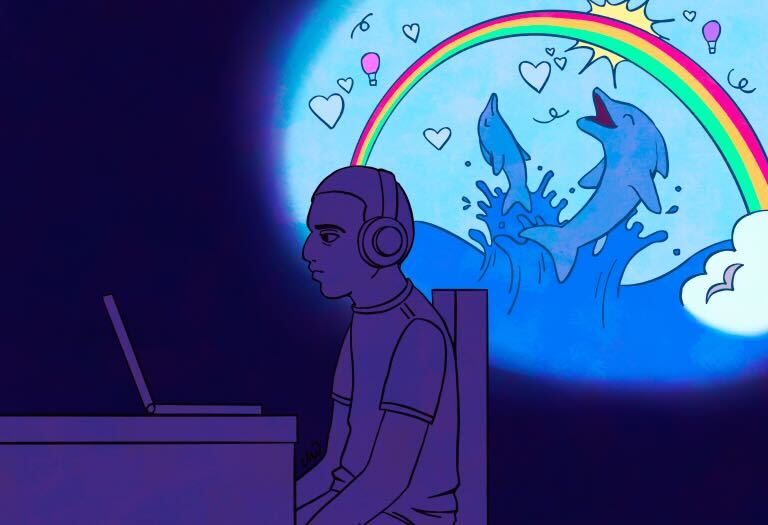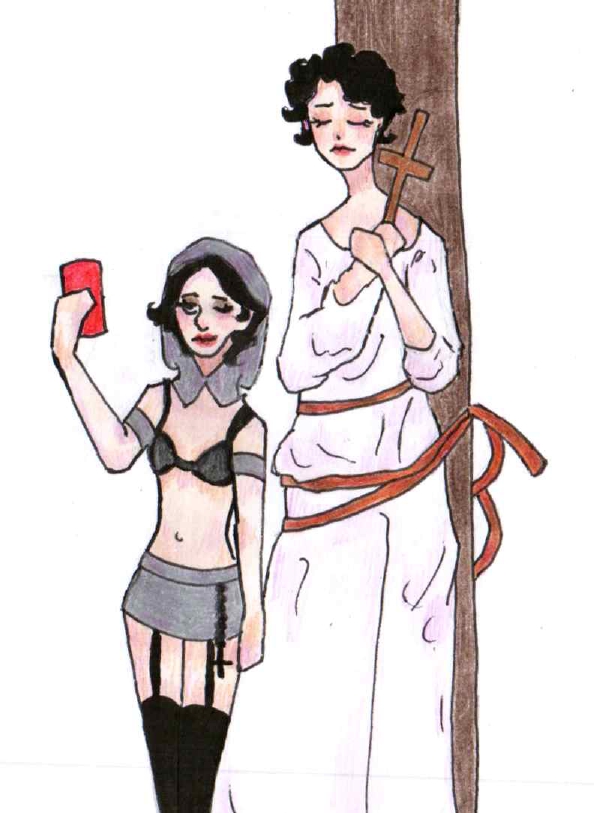It’s 9:37 p.m. on a rainy Thursday night and you find yourself perusing the endless options on the local Raising Cane’s menu. After approximately 30 seconds, it dawns on you that $12 for three tenders is outrageous for your broke college student lifestyle, but you make poor decisions and decide to buy the tenders anyway.
In the middle of inhaling your second tender, you begin to feel full. One bite from the last one leaves you feeling queasy enough to reevaluate your next move. It’s obvious you should have gone to Layne’s, but whether or not to finish your last tender leaves you feeling so lost!
While your stomach is screaming at you to call it quits, you can’t help but also feel doing so would make those precious $12 go to waste.
But would they really go to waste?
To figure out the answer to this harrowing struggle faced by broke college students across the world, we must first ask how we make decisions in the first place. Wouldn’t it be so convenient if there was an entire field of study dedicated to how we make decisions?
Economics gives us an easy formula: We weigh our costs against our benefits.
For example, going to the movies brings you some benefits in terms of happiness or utility and costs around $10. The difficulty lies in determining which costs should be considered when making a decision.
So, wait — not all costs should be considered? That’s right!
The concept of sunk costs tells us that sometimes a cost isn’t recoverable regardless of what you decide to do. Therefore, that cost should not be factored into your decision.
Let’s take a look back at the opening scenario and see if we can identify the costs and benefits.
Costs: feeling bloated, visible food baby from being bloated, probably throwing up, time lost from probably throwing up, etc.
Benefits: At least you don’t waste some of those precious $12 you spent — wait a minute … that money you spent is already gone. Regardless of whether you eat that last tender or not, you’re not getting any money back. In fact, that money is a sunk cost. After going through our intensive Economics crash course, it should be obvious that money should not be considered in the decision-making process.
So, now that we know it wouldn’t be a waste of money to not eat that last tender, you’re left realizing there really is no benefit from eating it.
Why is this so important? Sunk costs are everywhere.
Went to the movies and 15 minutes in, you can tell this is going to be the longest two hours of your life? Leave the theater! The only reason people sit through these situations is because they feel they’re ‘wasting’ the money they spent on the tickets. But forcing yourself to consume a good you don’t want to consume won’t bring your money back!
Sometimes sunk costs are the gas you spend on the way to the mall; you think since you’ve come all this way you might as well make the gas ‘worth it’ by buying something. Nope, that gas is a sunk cost, so only buy something if you need it.
Other times, it’s the money you’ve spent repairing that good-for-nothing BMW that’s been giving you problems since the day you drove it home. You might think to yourself,
“I’ve invested so much money repairing this dang car and the downpayment cost the same as a small home! I should just keep getting it fixed.”
Absolutely not! All that money you spent is a sunk cost, and no matter how many times you opt to repair it you will never get that money back. Instead of wasting thousands in mechanic fees, get that piece of trash out of your garage and buy a sensible Toyota.
We have a pretty good idea of what sunk costs can look like, but a cost doesn’t have to be limited to monetary value.
Ever gone on a diet? Four days in you have an unhealthy lunch. Dinnertime comes around, and you figure you should just eat unhealthy again since you already broke the diet. Wrong! The calories from lunch are a sunk cost, so you should decide to continue eating healthy for dinner for the same reasons you started the diet in the first place.
You’re 18 years old, about to start college with your high school sweetheart and you couldn’t be happier. Now, you’re 20, and the nightly phone calls and I-love-yous have been replaced with yelling and contempt. You think to yourself, couples fight. Before you know it, having to deal with a hyper-jealous boyfriend on a daily basis is starting to become less and less appealing. Feeling lost, you think to yourself, “But we’ve been together for so long, I don’t want to throw four years away.”
No matter what you do, you’re never getting those four years back, so don’t let lost time be the reason you spend the rest of your life with someone who doesn’t love you.
The same is true when deciding to switch majors, or even career choices: Don’t let the time you’ve invested be what keeps you from a happy future. After all, it’s only a sunk cost!
Being able to identify sunk costs not only shifts the way you look at everyday decisions, but it also can end up saving you insurmountable amounts of hassle in the long run. So, the next time you find yourself dealing with a sunk cost, now you know to not feel so lost.
Isabella Garcia is an economics freshman and opinion writer for The Battalion.
Opinion: Your decision making sucks
June 15, 2023
Photo by Ashely Bautista
You’re probably making decisions the wrong way. Opinion writer Isabella Garcia calls for a different approach to our everyday decision making with a little help from the field of economics.
0
Donate to The Battalion
Your donation will support the student journalists of Texas A&M University - College Station. Your contribution will allow us to purchase equipment and cover our annual website hosting costs.
More to Discover
About the Contributors

Isabella Garcia, Assistant Opinion Editor
Isabella Garcia is an economics junior from San Antonio, Texas, and has been an opinion writer for The Battalion since June 2023. After graduation, Isabella intends to earn her J.D. and pursue a career in law.

Ashely Bautista, Photographer
Howdy! Ashely is a junior communications major with a minor in journalism from Navasota, Texas. Ashely is a first-generation college student that join The Battalion in the fall of 2024. She enjoys taking all photos but focuses on news, student life, and coverage opportunities. Want to see more photos? Follow her instagram!






